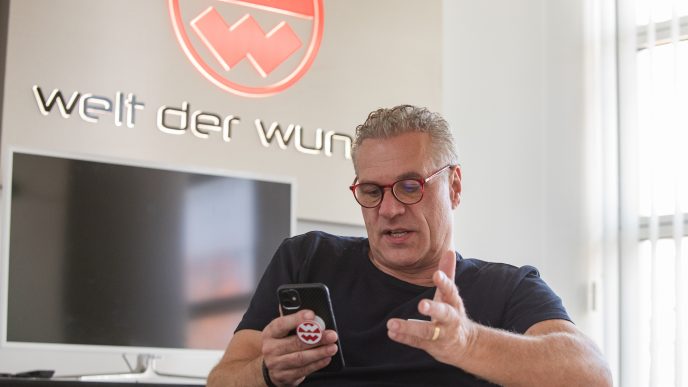Every October, millions of people worldwide participate in Restart a Heart Day, a campaign aimed at raising awareness about cardiopulmonary resuscitation (CPR) and teaching lifesaving skills to the public. In the UK, the initiative is spearheaded by the Resuscitation Council UK alongside emergency services, charities, and community organisations. Its core message is simple yet powerful: everyone has the ability to save a life if they know CPR.
The Importance of CPR Awareness
Cardiac arrest is one of the leading causes of sudden death worldwide. In the UK alone, more than 30,000 people suffer an out-of-hospital cardiac arrest each year. Tragically, fewer than one in ten survive. One of the biggest reasons for this low survival rate is that too few bystanders have the knowledge or confidence to start CPR before emergency services arrive.
When a person’s heart stops, every second counts. Immediate CPR can more than double the chances of survival by keeping oxygen flowing to the brain and vital organs until defibrillation or advanced medical help is available. Raising public awareness of CPR and equipping more people with the skill is therefore a critical public health priority.
What is Restart a Heart Day?
Restart a Heart Day, held annually in October, is a global initiative aimed at addressing this challenge. Through mass training events, school workshops, and public demonstrations, the campaign aims to empower as many people as possible with the knowledge and confidence to perform CPR.
In recent years, the campaign has reached millions worldwide. In the UK, thousands of school pupils are taught hands-on CPR skills on the day, supported by NHS ambulance trusts, fire and rescue services, and volunteer organisations. The event helps normalise the idea that CPR is not just a medical skill – it’s a community responsibility.
Why More People Need to Learn CPR
Despite increased awareness, CPR knowledge among the general public remains patchy. Many people admit that they would hesitate to step in during an emergency due to fear of making a mistake. Others are unaware of the correct technique or don’t know how to use an automated external defibrillator (AED).
Restart a Heart Day addresses these barriers by providing free, accessible, and engaging training. By practising on manikins and watching live demonstrations, participants gain confidence and realise that any attempt at CPR is better than none.
The Wider Benefits of CPR Awareness
- Community Resilience
Communities with higher levels of CPR awareness are better equipped to respond to emergencies. Survival rates are significantly higher in areas where bystanders are likely to act quickly.
- Early Use of Defibrillators
Public defibrillators are increasingly available in shopping centres, schools, and transport hubs. CPR training often includes AED awareness, ensuring people feel confident enough to use this life-saving equipment.
- Confidence and Empowerment
Learning CPR not only prepares individuals for emergencies but also instils a sense of responsibility and empowerment. People feel more capable of helping others and more confident in their ability to make a difference.
The Role of Schools and Workplaces
One of the most successful aspects of Restart a Heart Day is its focus on young people. Teaching CPR in schools ensures the next generation grows up with the knowledge and confidence to act. Research indicates that introducing CPR education early fosters lifelong skills and enhances the number of trained bystanders in society.
Workplaces are also embracing CPR training as part of broader first aid initiatives. Businesses recognise that equipping staff with life-saving skills enhances employee wellbeing and demonstrates social responsibility.
Barriers That Still Exist
Although awareness is growing, several barriers still limit widespread CPR use:
- Fear of Harm: Many worry about injuring the casualty; however, in the case of cardiac arrest, the risk of harm is outweighed by the need for immediate action.
- Lack of Confidence: Without training, people often freeze in emergencies.
- Limited Access to Training: Not all communities have equal access to free or affordable CPR courses.
Overcoming these barriers requires ongoing public campaigns, more training opportunities, and better integration of CPR awareness into schools, workplaces, and communities.
Building a Nation of Lifesavers
The ambition behind Restart a Heart Day is bold yet achievable – to create a society where everyone knows how to save a life. By raising awareness and increasing access to training, the survival rate from out-of-hospital cardiac arrests could improve dramatically.
Imagine if every bystander had the confidence to step in, start CPR, and use an AED. Thousands of lives could be saved each year in the UK alone. The more people trained, the greater the chance that someone in the right place at the right time will make the difference between life and death.












